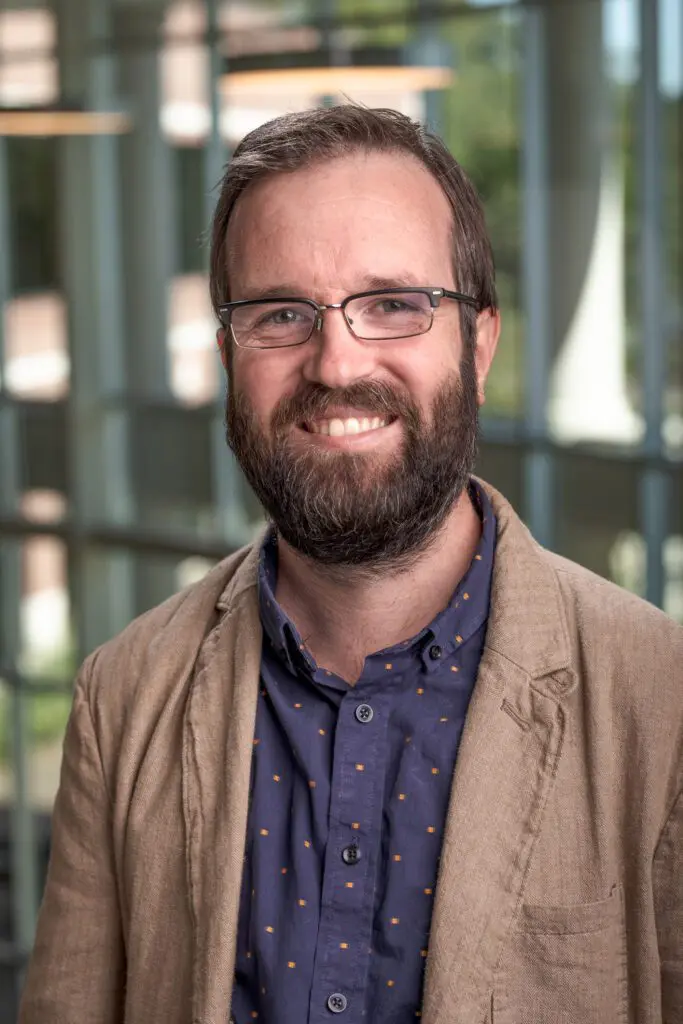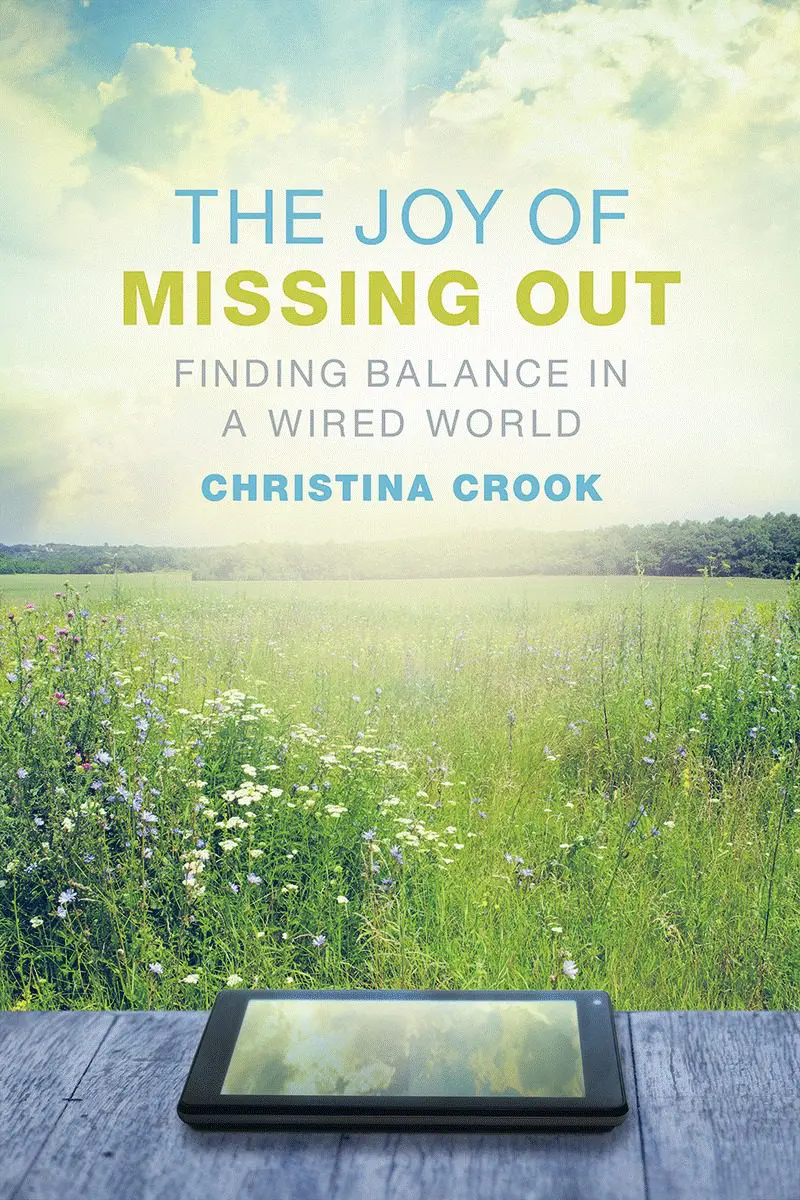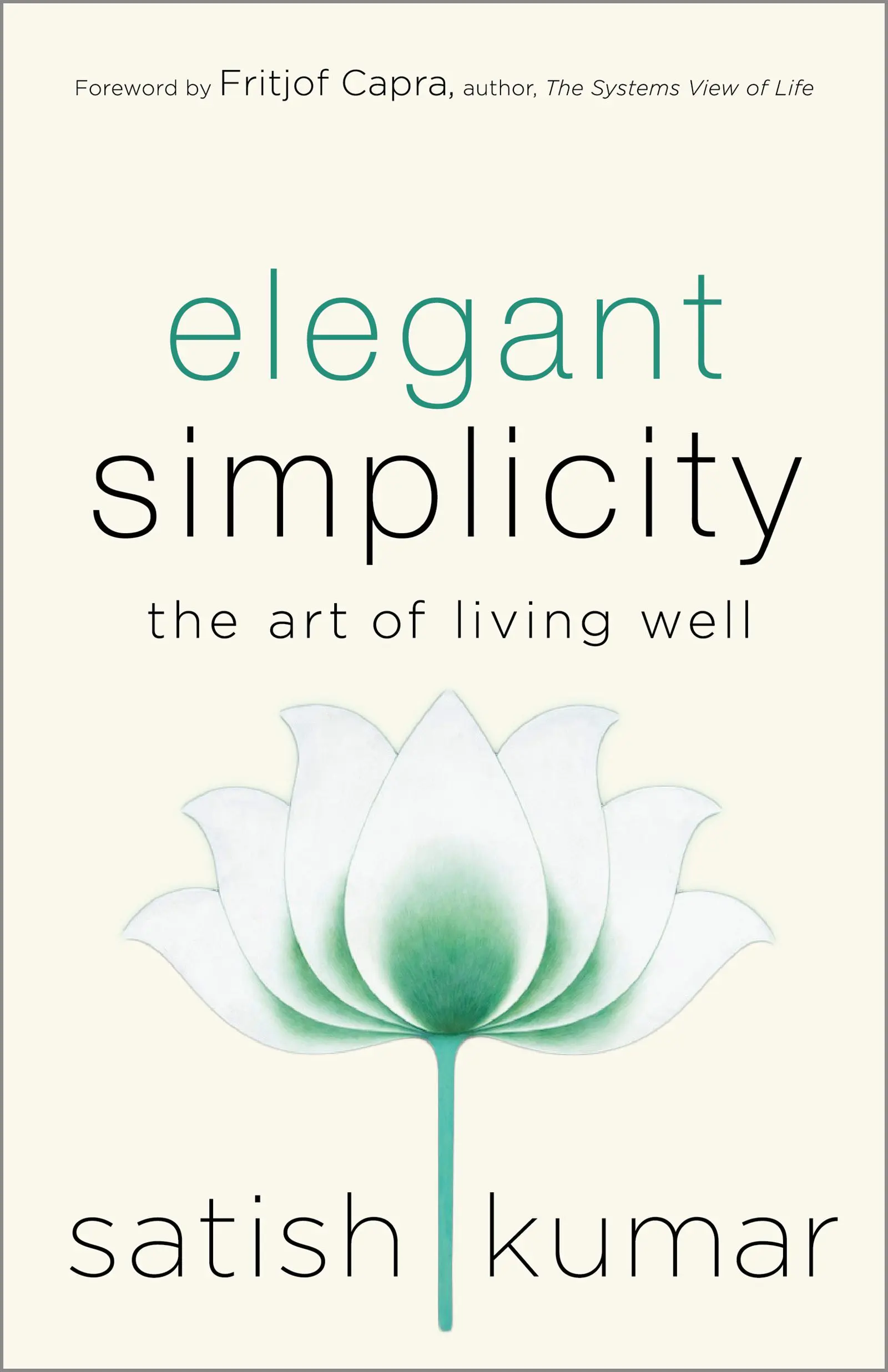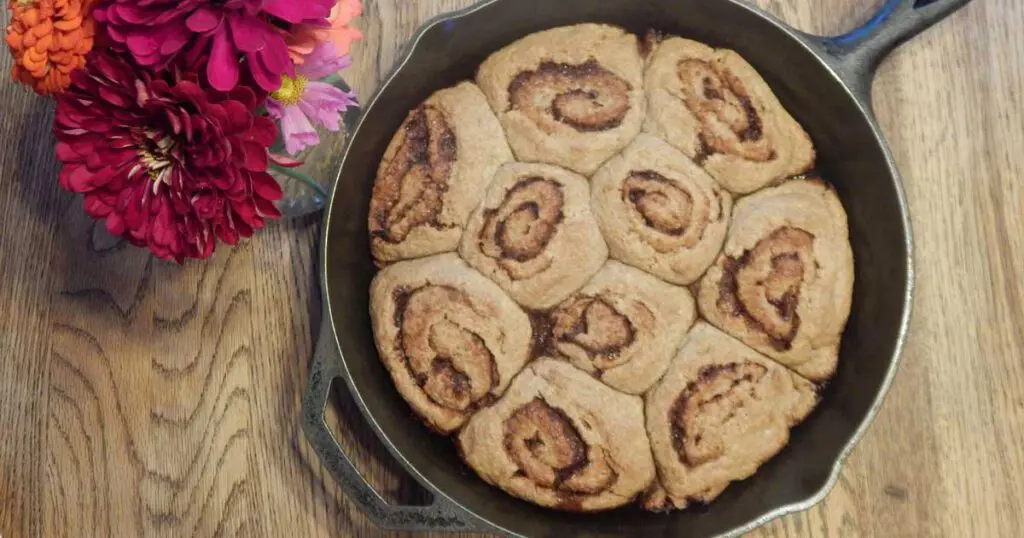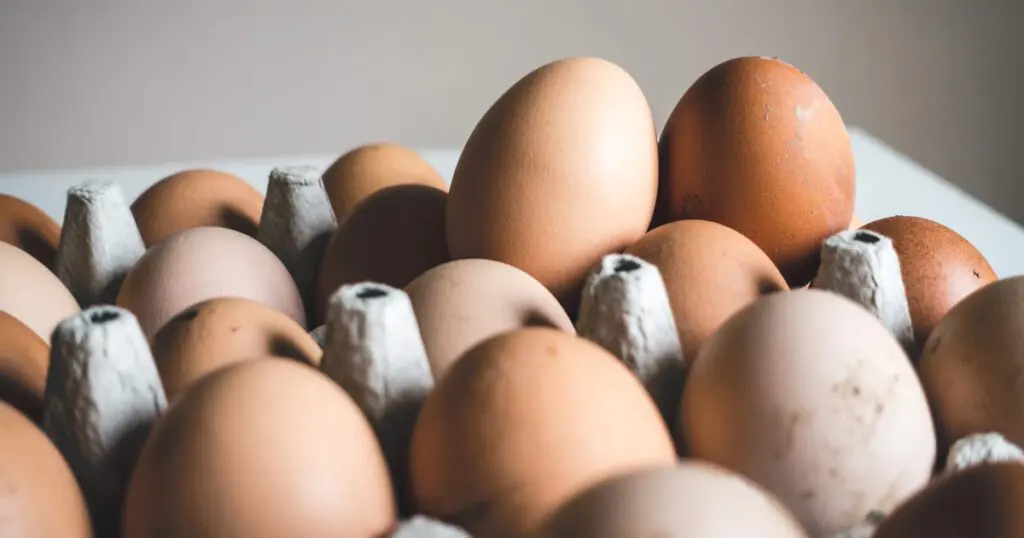
It’s been a difficult few years for many of us, and the current state of the economy doesn’t seem to be making things any easier. This year seems like a great one to slow down and refocus our holiday celebrations. Being together with friends and family when we can, enjoying time together, making things together. A holiday season made up of creating memories together doesn’t have to be expensive or wasteful.
We’ve asked a few of our authors for ideas to get our creative juices flowing, so we can all slow down, savour, and save during this holiday season.
Today’s blog post is from Sami Grover, author of We’re All Climate Hypocrites Now. He shares a creative, homemade gift idea that aims to help his kids understand the power of incremental change.
Planting a “Forever Forest”
When I wrote We’re All Climate Hypocrites Now, many people assumed it was a critique of individual action as a means to meaningful change.
Yet nothing could be further from the truth.
In fact, it was an attempt to reframe why individual action matters, and to help readers to focus their efforts on meaningful interventions that could actually move the needle. Sometimes those interventions are focused on absolute emissions reductions (riding a bike to reduce car dependency, for example) and sometimes they are more about cultural change (talking about climate with your friends and family, for example.) And sometimes they are both.
In our family, we have created a holiday tradition that encompasses both aspects. And that’s the small gift of a tree themed journal to each of my daughters, which I re-gift to them each birthday and holiday—with a new page filled out with hand drawn trees that I have “planted” in their honor. (“Planted” meaning I have donated to a non-profit who will do all the hard work for me.)
We call this their Forever Forest – and my goal is to keep going until the journals are completely filled with trees. The intention of this gift is two-fold:

1) To directly help maintain and create a livable climate and healthy ecosystems for their future, and
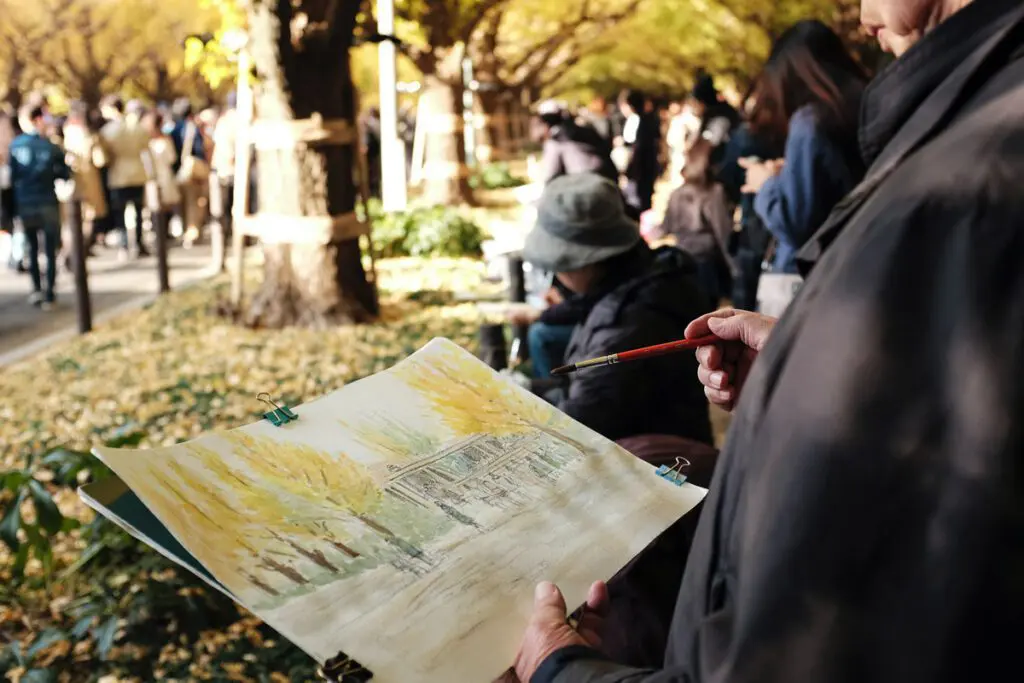
2) To help them see how small actions add up over time, and to inspire them to find their own ways to make a meaningful difference.

Will it change the world? Probably not. Will their teenage selves one day ask for me to give them money instead? Quite possibly. But, for now, they seem to take genuine delight in seeing their “forest” grow.
And that’s enough for me.

